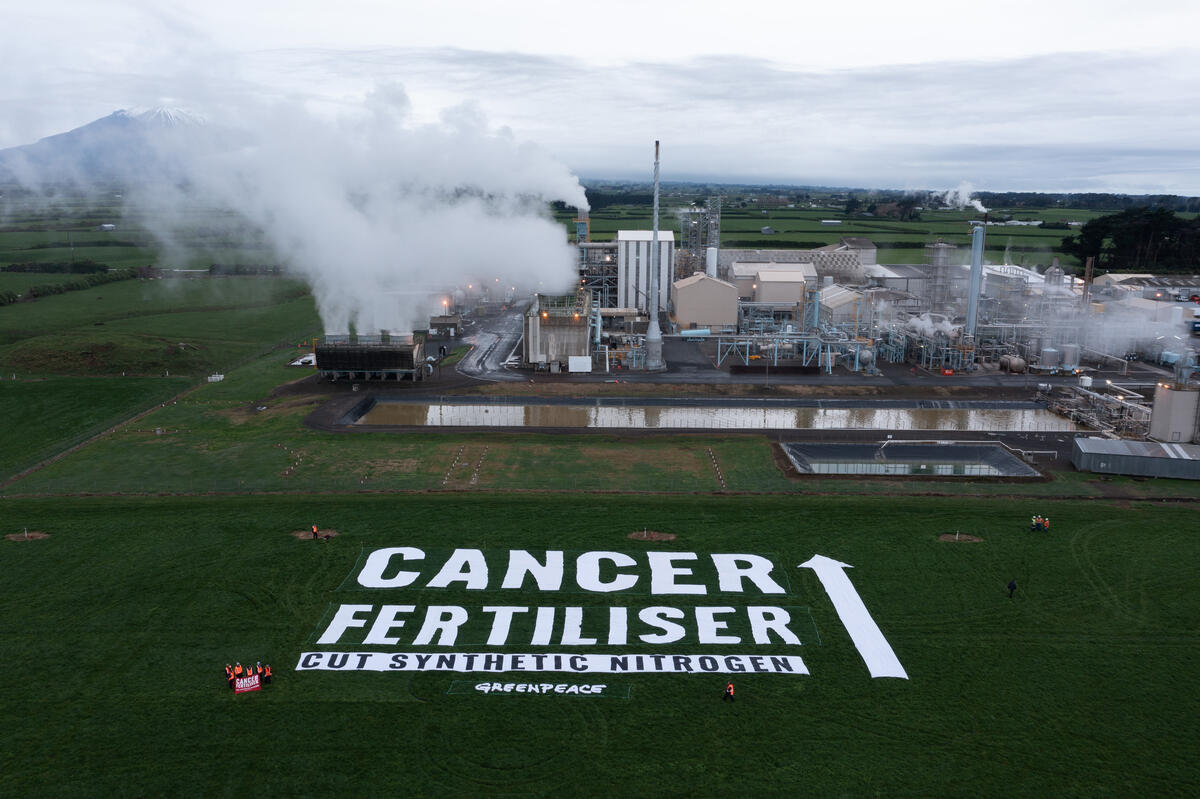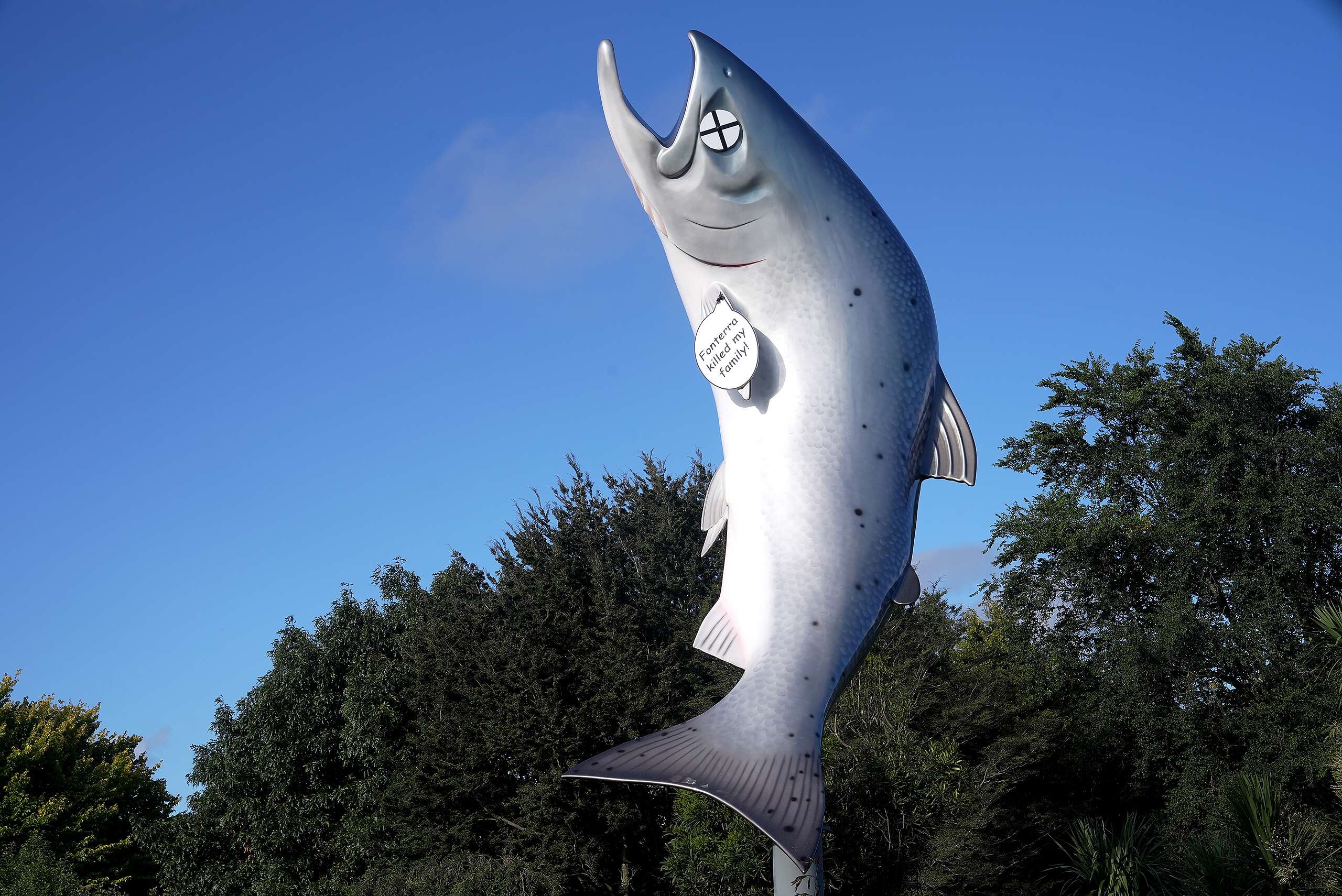Greenpeace says research released by ESR and co-funded by dairy giant Fonterra excludes the most at-risk rural communities in its investigation into bowel cancer risk from nitrate in drinking water.
Following significant international studies showing a link between increased risk of bowel cancer and nitrate contamination at as low as 0.87mg/L, the ESR study sought to analyze the risk in a New Zealand context.
But Greenpeace campaigner Steve Abel says by focusing on the average and excluding data on households with the highest rates of nitrate contamination, such as those in rural areas that use private bore water, it leaves out the people most at risk.
“Those with highest health risk in rural communities are effectively buried within the larger population who have lower nitrate levels in their water and hence lower health risk.”
“Testing by Greenpeace and other organisations has shown worsening levels of nitrate contamination in rural bore water, well above levels linked to increased risk of bowel cancers and preterm births,” says Abel.
“It’s no coincidence that these bores are mostly in rural areas, and that some of the highest nitrate readings are in regions with intensive dairying. We know that synthetic nitrogen fertiliser – the biggest user of which is the dairy industry – and too many cows cause nitrate contamination in drinking water.
“With Fonterra co-funding this research, the lack of inclusion of data on rural people with private bores effectively buries the cancer risk of nitrate contaminated water that they face.”
Fonterra came under fire earlier this year for dumping massive amounts of nitrate-contaminated wastewater onto ‘ghost farms’, posing a threat to freshwater and drinking water.
“It unfortunately looks like a ‘follow-the-money’ situation with Fonterra having a financial interest in the focus of the research,” says Abel.
“Rather than honestly address the problem of nitrate in drinking water, the Fonterra funded research avoids the cancer and preterm birth risk that rural communities face from nitrate contamination caused by synthetic nitrogen fertiliser and intensive dairying by simply excluding these groups from the study.”
Greenpeace says that unlike other studies, the Fonterra-funded ESR research fails to focus on the most at risk groups. The research explicitly uses registered water supplies and “will not include information [from] unregistered water supplies such as private wells.”
It suggests that up to 14% of New Zealanders may receive their drinking-water from unregistered supplies and around 37% of those are groundwater.
At a June 2021 Greenpeace water testing day in Ashburton, of 101 private bore water samples, nearly 90% showed nitrate contamination higher than the cancer risk level of 0.87mg/L (nitrate-nitrogen); 60% of the samples had over 5mg/L; and ten samples were over the current health limit of 11.3mg/L.
“By looking at average consumption, the research seems to wilfully ignore the most at-risk communities in hotspots throughout the country such as Canterbury, Southland and Waikato where many rural people are consuming vastly more nitrate in their drinking water than the average,” says Abel.
Greenpeace has tested over 450 water samples as part of a suite of free drop-in water testing days across Canterbury and Southland. More free testing events are planned for Waikato and further areas of the country when Covid restrictions permit.
“Everyone should be able to trust that the water from their tap is safe to drink. Given we know the links to cancer and premature birth, research organisations should be working to answer the question: how much nitrate is a health risk in our drinking water? People in regions with high nitrate contamination have a right to know the answer,” says Abel.

Call on the Government to lower the limit for nitrates in drinking water to safe levels
Take Action


